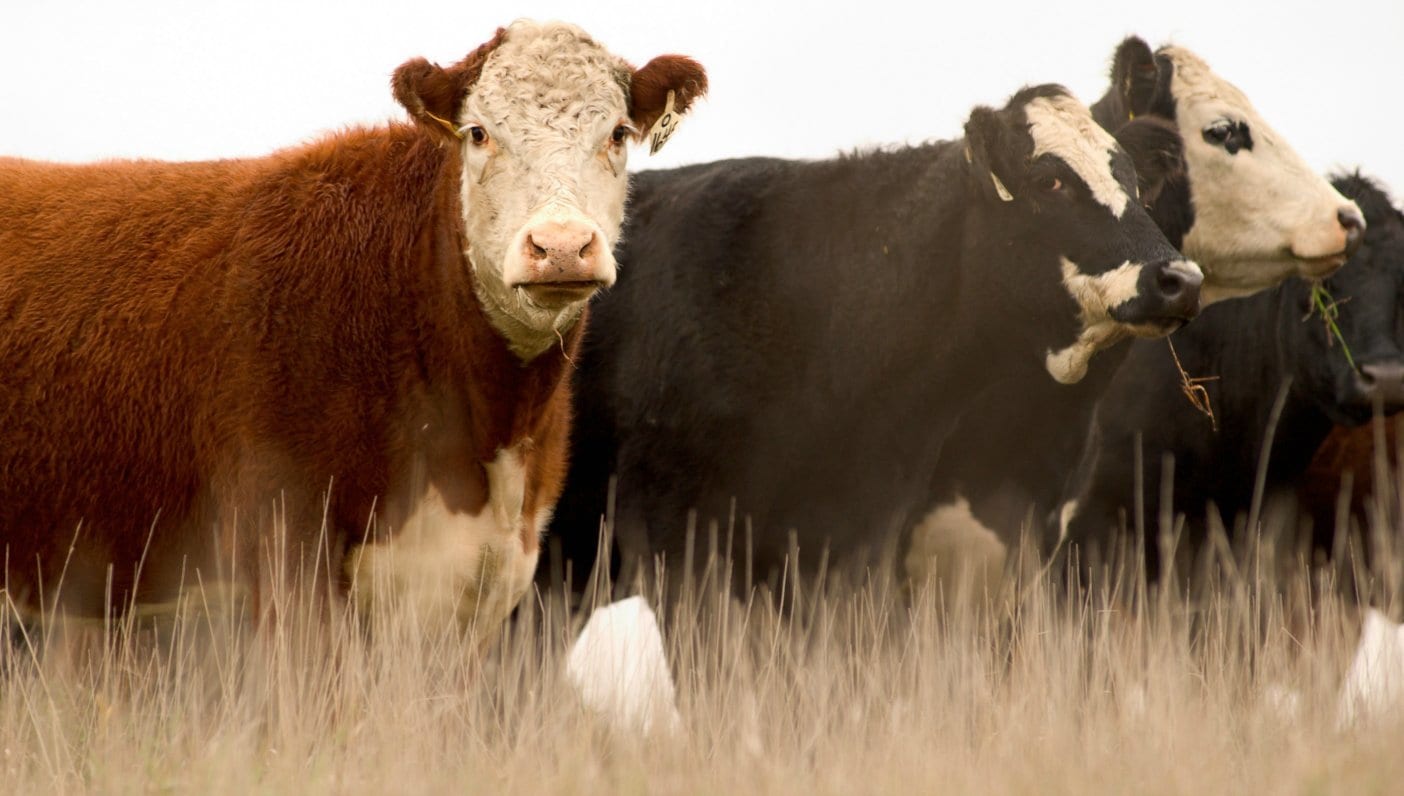
This article is part of a series that explores the idea of mindful meat consumption. Have a question about what it means to eat ethically? Fill out the form below, or click here to submit. We’ll build an article answering your best questions in fall, 2016. Stay tuned!
Making ethical eating choices doesn’t mean a diet solely of chia seeds and broccoli sprouts. There are a plethora of delicious foods—and responsible ways to buy them—that simultaneously show both your body and the environment a little TLC. This is especially true of meat. It doesn’t take much to make sustainable eating choices that do good and taste great.
“When we purchase meat and veggies we are incentivizing and rewarding producers for creating food that is in alignment with our own morals and values,” writes Taylor Collins, co-founder of EPIC Provisions, a meat snack company. “Conscious consumption around meat and veggies creates a market environment in which sustainable and regenerative ranchers are rewarded for producing high quality food that is good for the environment, our bodies, and the lives of animals.”
Choosing Consciously
Every time we choose to eat meat, we’re making a choice that has far-reaching effects beyond the butcher and our table. Conscious consumption, or acting as a “conscious carnivore,” means understanding that everything is connected and that you are in control of how our agricultural systems can change. When we choose sustainably-raised meat, we are making a statement of support for practices and policies that can change a problematic food system.
It’s difficult to spend an extra $4 for those chicken breasts—especially when you’re on a budget. That money may be the difference between getting a coffee before work, or treating a friend to a slice of chocolate cake. But imagine having the opportunity to increase the humane treatment of animals, help save our ailing planet, and do something good for your body with just $4. That’s exactly what you’re doing. And think of it this way: Every time you save a few bucks on unhealthily raised meat, you vote for bad farming. By mindfully purchasing meat, you can make a big difference.
Why Your Choice Counts
We unfortunately live in a world where we’re mentally separated from the food we put in our bodies. But in reality, we’re extremely connected. What we choose to buy directly impacts which farmers receive government subsidies. The vast majority of federal farm subsidies are awarded to factory farms to help supplant the cost of growing soybeans and corn—much of which is used as feed-grain for raising animals. By facilitating the mass production of lower-quality meat, we promote unhealthy eating habits and devastate the environment.
Conversely, when we pay a little extra for those mindfully-sourced meats and veggies, we reward producers for creating healthy foods—helping us to move toward sustainable development. Consider it an investment for the environment. Those extra dollars help promote land regeneration and encourage farm systems where plants are able to sequester carbon. Such practices enable the earth to absorb water during floods and provide plants with some hydration during times of drought. If that weren’t enough, adding carbon to the soil helps reduce greenhouse gas emissions!
Changing the System
If a product has no market, it ceases to exist. If, for example, we all stopped buying from companies that use unsustainable practices, there wouldn’t be low-quality meat on grocery stores shelves. Simple supply-and-demand economics means that high-quality meat would then become cheaper. Choosing to eat and shop consciously encourages local farmers to keep producing awesome meat, leading to healthier and happier planet. It also signals to the powers that be that everyday consumers are ready for a change.
“Next time you are purchasing meat, remind yourself that YOU are a rancher. It’s a simple, yet powerful notion that resonates with the reality of how each and everyone of us are impacting the food system,” writes Collins.
It’s likely not as difficult as you think. Find regenerative farms in your area, as well as looking into community-supported agriculture programs. Even a small effort can stimulate big change.
